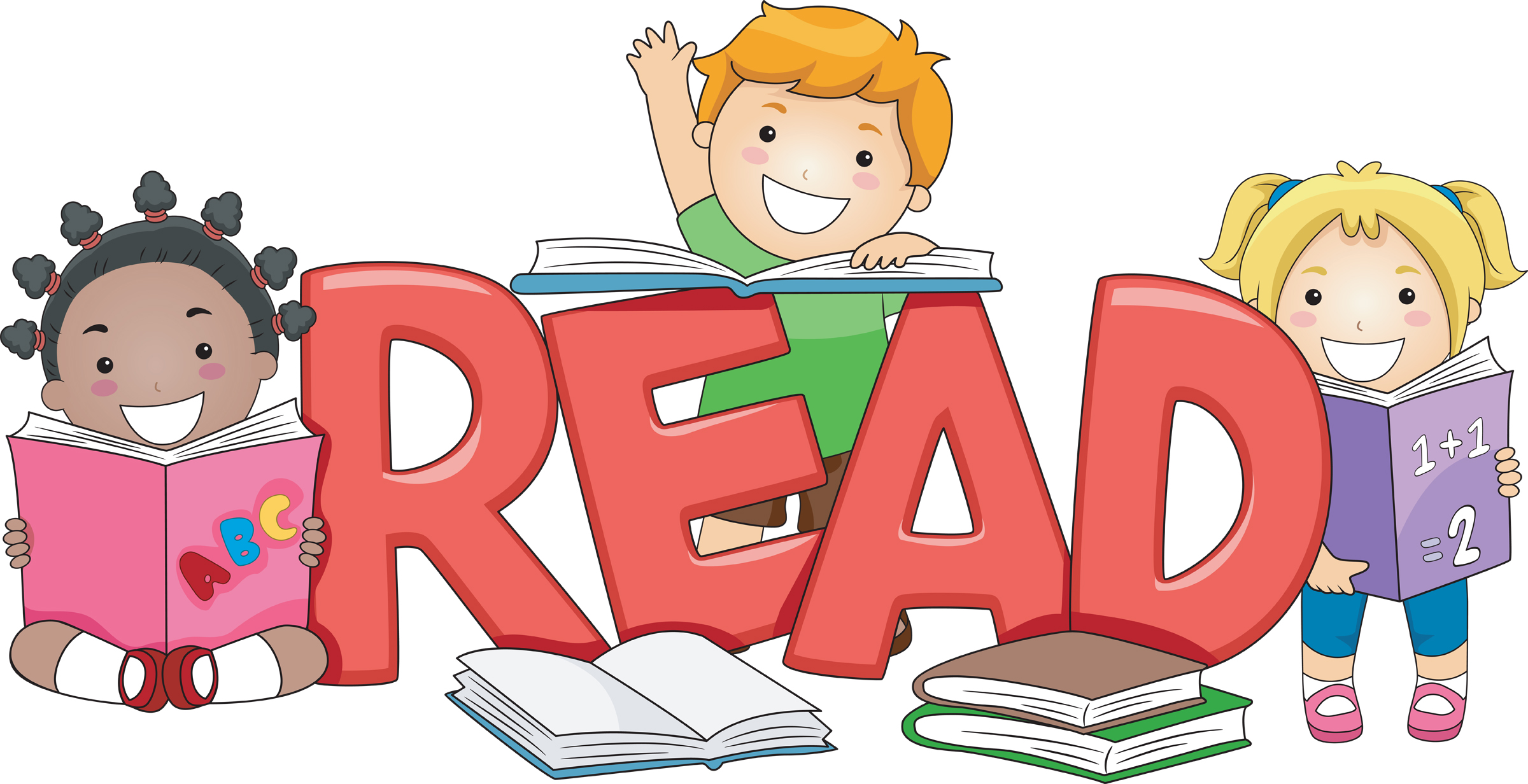English & Phonics
Reading
We believe that the importance of developing reading competence cannot be overstated as it is the fundamental facilitator of much learning throughout life. Children must be encouraged to become independent, knowledgeable and reflective readers. High-quality teaching is the key factor in whether or not children learn to read.
Reading opens the door to learning. A child who reads a lot will become a good reader. A good reader will be able to read more challenging material. A child who reads challenging material is a child who will learn. The more a child learns, the more he or she will want to find out.
If a child is unable to read, he/she cannot get on in life.

Developing English is at the heart of what we do at Littlemoor and that is why English is a key priority for both phases in our School Improvement Plan.
Current educational research and development underpins our improvement planning which draws on research by the Education Endowment Foundation, building on good practice taken from ‘Effective Characteristics of Literacy’ research findings and the latest Early Years research document, ‘Preparing for Literacy’.
The National Curriculum for English states that, ‘Reading widely and often opens up a treasure-house of wonder and joy for curious minds.’ Here at Littlemoor, we take the teaching of reading seriously and have the common aim of ensuring children become active, critical readers and to promote reading for enjoyment for all.
We have invested in an attractive and well-stocked library area within school and ensure that all children visit it regularly to access a range of genres and authors.

At Littlemoor, we follow the Read Write Inc DFE accredited synthetic phonics reading scheme. Each child in F2 and Y1 has a 40-minute phonics lesson. Yr2 children access a balance of both phonic and spelling punctuation and grammar (SPAG) lessons based on their individual needs and attainment.
RWI is a method of learning centered around letter sounds and phonics, and we use it to aid children in their reading and writing. Reception and KS1 children are taught in differentiated groups.
When using RWInc to read the children will:
- learn 44 sounds and the corresponding letter/letter groups using simple picture prompts
- learn to read words using Fred Talk
- read lively stories featuring words they have learnt to sound out
- show that they comprehend the stories by answering questions.
Interventions are delivered by teaching assistants and overseen by the class teacher, to provide complimentary teaching.
Sessions are delivered by our highly-skilled reading teachers and are lively, fast-paced and fun.
At the end of Year 1 children have to take the national Phonics Check which tests children’s phonic knowledge. Here, they are required to read real and nonsense words, applying the skills they have learnt.
